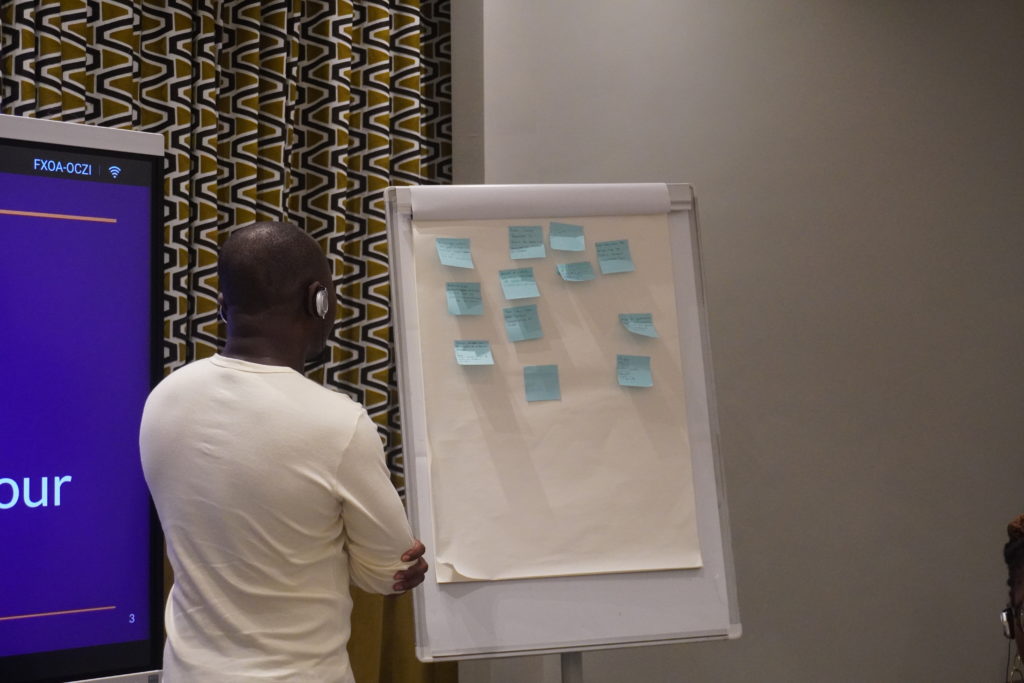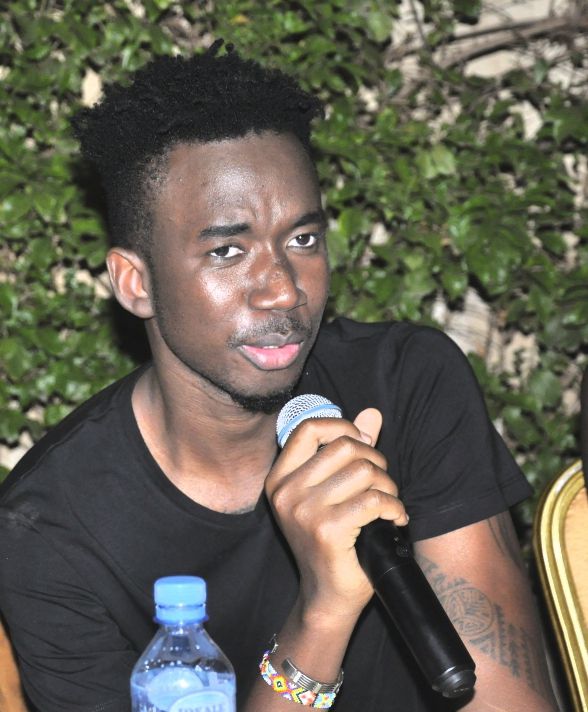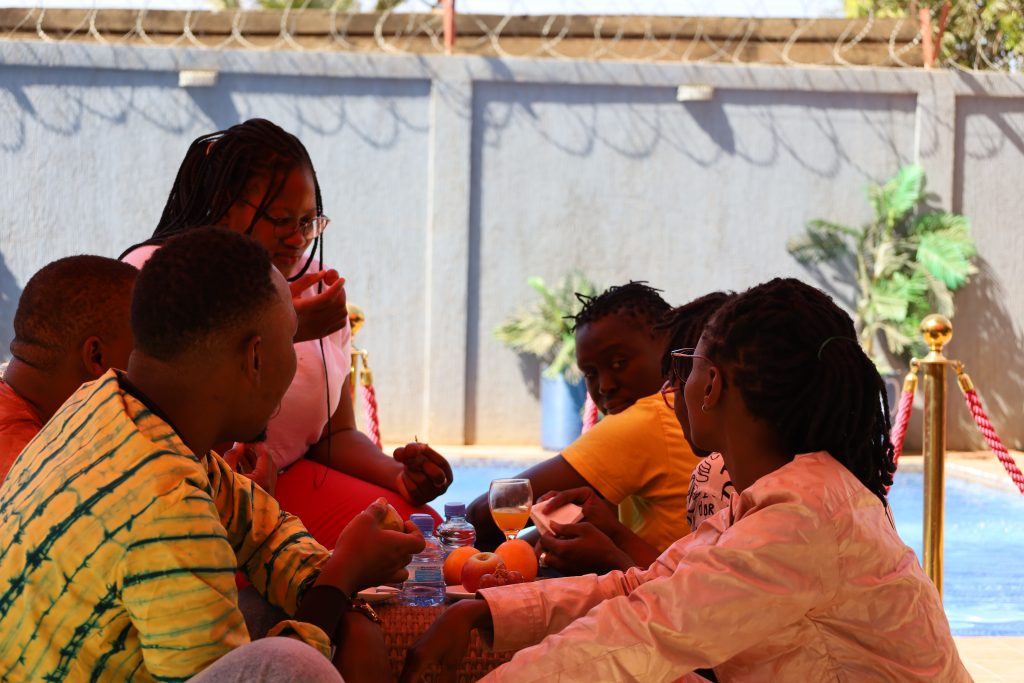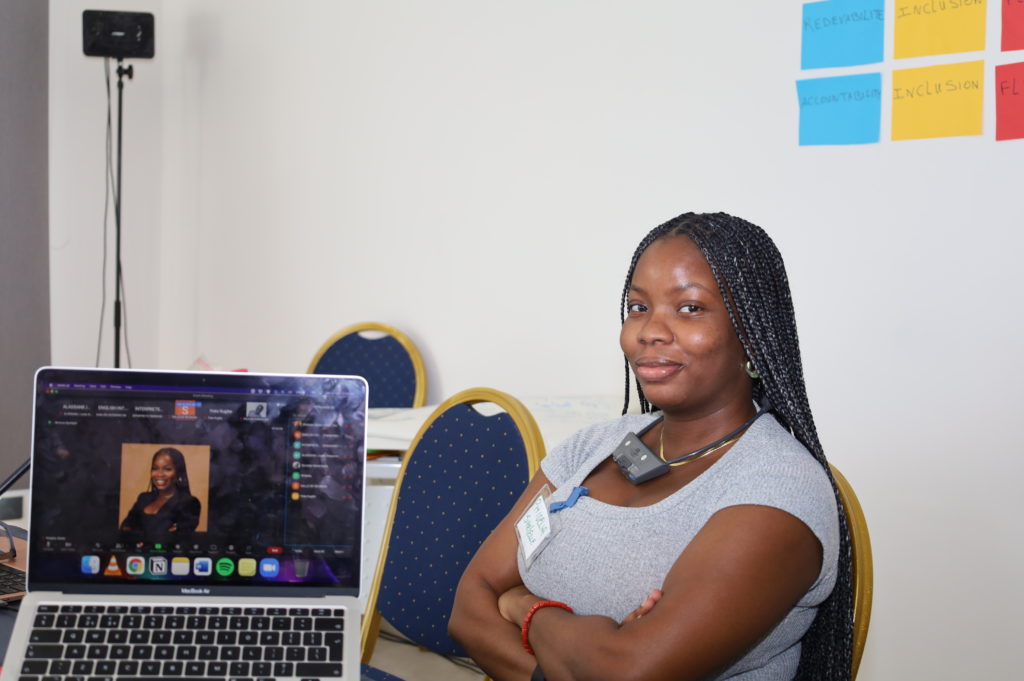
By Stéphane Simporé,
Director of Communications and Knowledge Management at ISDAO.
The worldwide pandemic of COVID19 is currently provoking many analytical reflections in various fields as any profound global crisis. Although this is a particularly turbulent, difficult, unpredictable and uncertain time for each of us, it is nevertheless an opportunity to reflect on the flaws in our social, economic, political, and health systems as they are at this moment.
When Caroline, Executive Director of ISDAO , came up with the idea of us writing the ISDAO solidarity communiqué on COVID-19, we were discussing how best to address all the sensitive, delicate, subtle and invisible issues that this epidemic would raise for our most vulnerable communities.
We recognized that concepts such as isolation, confinement, social distancing, etc. are not new to many people within the LGBTQI communities. Although COVID-19 exacerbates this reality, most people have experienced these and/or continue to experience them in spite of themselves.
We also recognized that the COVID-19 crisis would affect the day-to-day access to medication and other health care for members of our communities.

Then we asked ourselves: How can we talk about the systemic stigma that occurs during pandemics under the guise of prevention?
The line between preventive acts AND stigmatization is very fine, even invisible. Often there is even a nuance. In some contexts, acts of stigmatization are denied, trivialized and normalized by the perpetrators.
This question is relevant, especially when looking at the historical context in the HIV/AIDS field, particularly among groups of female sex workers (FSWs) and men who have sex with men (MSM),2 we can point to various instances where the subtlety of the language of preventive treatment or preventive attitudes has actually masked acts of stigmatization.
For example, during formal or informal conversations in HIV/AIDS and related programs, with so-called allies, we might hear TS & MSM referred to as "those people: "those people". Then in practice, when a person MSM or TS arrived in these public spaces of health but known as "safe", for a medical consultation or any other service, the staring and insisting glance on the body of the person by the health personnel of this space is unbearable and unbearable. Of course we do not forget that there have been worse: in the early days when HIV/AIDS was taking its toll, oscillating between denial and stigmatization, the disease was called the "Cancer of the Homosexuals" or the "Disease of the Women of Little Virtue" referring to sex workers.
Since COVID19 was a new disease, it was not going to break these "rules".
The first confirmed cases of people with COVID-19 in the world were reported in China. Since then, it has not been uncommon to see stigmatization of Chinese people or people with similar traits. Although the WHO 3 was quick to come up with an official name for the disease to avoid stigma (geographical, ethnic, etc.), namely CO-VI-D-19 (Corona Virus Deasease 2019), political and public figures continued - and some people still continue - to call the disease "Chinese Virus". Then, there were other acts often mocked through comical videos making a particular connection between Chinese and similar people and the COVID-19 disease.
It is worth noting the double standard of this same WHO, which has not been embarrassed until now when a certain deadly and devastating disease has been called Ebola Virus Disease. Ebola being the name of a river in the Democratic Republic of Congo, in Central Africa, near which the first cases of the disease were discovered in 1976.
In summary, it is important to note that stigmatizing words are not only hurtful but are often accompanied by actions. Not to forget that these words, these names, these terms that are used have a profound influence on the international visibility, the investment and the level of global philanthropic commitment depending on the crisis of the moment.
As in every moment of grave crisis, LGBTQI communities, people living with HIV, ethnic and racial minorities, and other vulnerable people who are accustomed to experiencing silent acts of stigmatization on a different scale, will be confronted with these acts for the umpteenth time: We can already hear several religious and other opinion leaders accusing LGBTQI people of "drawing the wrath of God. Since then, harassment and other forms of violence have increased against trans* and other visible LGBTQI people.
A recent personal experience: A little over a month ago, a few days before the border closures decided by several West African governments, I was returning from a trip from a neighboring country. When I was on the plane, I suddenly sneezed - of course into my elbow - I could hear whispers and see gestures of people protecting their noses in a way they could for those who did not have a mask at hand. Then I hear a voice to my right ask in an almost threatening tone, "did you cough into your elbow?". This made some people around laugh but I didn't find it funny at all. I replied sternly that I would not write here. While I understand the general angst that COVID-19 generates in this context of uncertainty, fear, misinformation and information overload, this frustrating experience made me think and observe.
We must insist that it is important to be observant of the symptoms of COVID-19 and to protect yourself according to the recommended guidelines. However, it is necessary to keep intelligence, benevolence, compassion and solidarity in this troubled time for everyone.
The human management of this crisis, including the strict respect of preventive measures, calls for an action that takes into account all social values without stigmatizing a region, a community or an individual. Let's remember: in times of crisis, resilience cannot and must not be acquired at the cost of marginalization and of the most vulnerable.
And we also need resilience for the other challenge that is coming: the post COVID-19 era!

